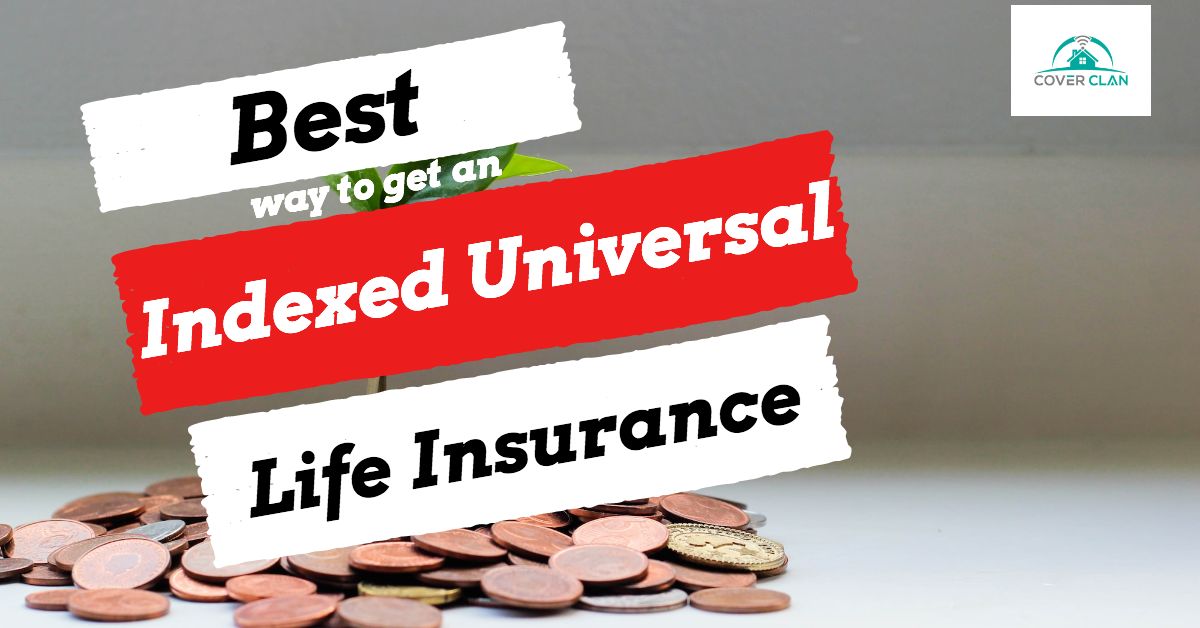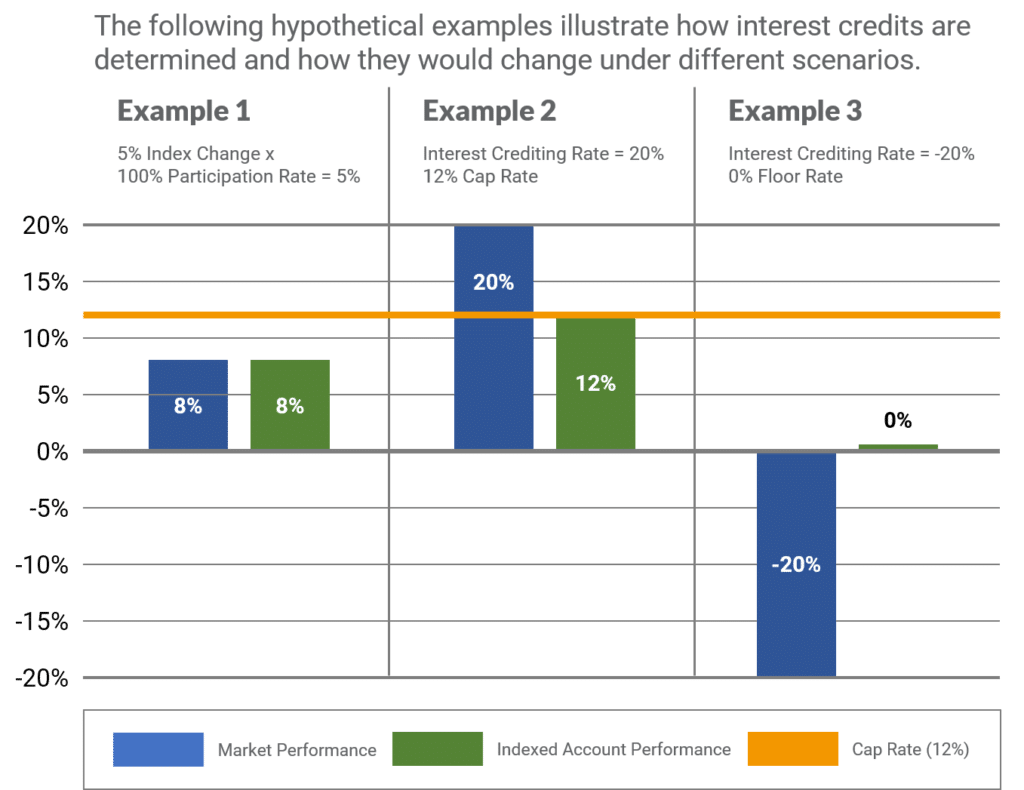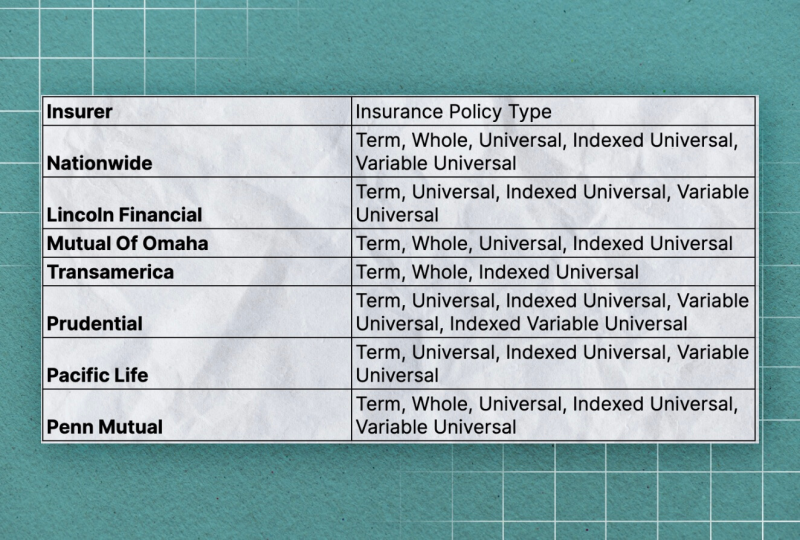All Categories
Featured
Table of Contents
1), often in an attempt to defeat their category standards. This is a straw male argument, and one IUL folks like to make. Do they compare the IUL to something like the Vanguard Total Stock Market Fund Admiral Show no tons, a cost proportion (ER) of 5 basis factors, a turn over proportion of 4.3%, and an extraordinary tax-efficient record of distributions? No, they contrast it to some dreadful proactively managed fund with an 8% tons, a 2% EMERGENCY ROOM, an 80% turn over proportion, and a terrible document of short-term resources gain distributions.
Mutual funds frequently make annual taxed distributions to fund owners, also when the worth of their fund has decreased in value. Shared funds not only require earnings coverage (and the resulting annual taxation) when the shared fund is going up in value, yet can also impose income tax obligations in a year when the fund has dropped in worth.
That's not exactly how common funds function. You can tax-manage the fund, collecting losses and gains in order to lessen taxable circulations to the investors, however that isn't in some way mosting likely to transform the reported return of the fund. Just Bernie Madoff kinds can do that. IULs avoid myriad tax obligation traps. The possession of mutual funds might call for the common fund owner to pay projected taxes.

IULs are very easy to position to make sure that, at the owner's fatality, the beneficiary is not subject to either earnings or inheritance tax. The same tax obligation reduction techniques do not function almost too with shared funds. There are countless, typically expensive, tax obligation catches connected with the moment acquiring and marketing of shared fund shares, traps that do not apply to indexed life Insurance.
Chances aren't very high that you're going to go through the AMT because of your common fund distributions if you aren't without them. The rest of this one is half-truths at best. While it is true that there is no income tax obligation due to your successors when they inherit the profits of your IUL plan, it is also real that there is no revenue tax due to your successors when they inherit a shared fund in a taxed account from you.
No Lapse Universal Life
There are far better methods to avoid estate tax issues than purchasing investments with reduced returns. Mutual funds may cause revenue taxes of Social Security advantages.

The development within the IUL is tax-deferred and may be taken as free of tax income via financings. The plan proprietor (vs. the common fund supervisor) is in control of his/her reportable revenue, therefore enabling them to minimize and even remove the taxes of their Social Safety and security advantages. This one is terrific.
Below's another very little problem. It's real if you purchase a mutual fund for claim $10 per share prior to the distribution date, and it disperses a $0.50 distribution, you are after that mosting likely to owe taxes (probably 7-10 cents per share) regardless of the fact that you have not yet had any kind of gains.
In the end, it's actually about the after-tax return, not how much you pay in tax obligations. You're additionally probably going to have even more money after paying those taxes. The record-keeping requirements for having common funds are dramatically more complicated.
With an IUL, one's documents are maintained by the insurance provider, duplicates of yearly statements are sent by mail to the proprietor, and distributions (if any kind of) are completed and reported at year end. This is likewise kind of silly. Obviously you need to keep your tax documents in instance of an audit.
Does Universal Life Insurance Expire
Barely a reason to get life insurance policy. Common funds are typically part of a decedent's probated estate.
Additionally, they are subject to the delays and expenses of probate. The profits of the IUL plan, on the various other hand, is constantly a non-probate circulation that passes outside of probate directly to one's named beneficiaries, and is consequently not subject to one's posthumous creditors, unwanted public disclosure, or comparable delays and costs.
Medicaid incompetency and lifetime earnings. An IUL can give their proprietors with a stream of revenue for their whole lifetime, regardless of exactly how long they live.

This is helpful when arranging one's events, and converting possessions to earnings prior to a retirement home arrest. Shared funds can not be converted in a comparable manner, and are practically always taken into consideration countable Medicaid possessions. This is another dumb one advocating that poor people (you know, the ones who require Medicaid, a federal government program for the inadequate, to pay for their assisted living home) should make use of IUL as opposed to common funds.
Indexed Whole Life Insurance Policy
And life insurance looks dreadful when contrasted fairly versus a pension. Second, individuals that have money to acquire IUL over and beyond their retired life accounts are mosting likely to need to be horrible at taking care of money in order to ever get Medicaid to spend for their assisted living home costs.
Persistent and terminal illness motorcyclist. All policies will certainly allow a proprietor's simple accessibility to cash from their policy, often forgoing any kind of surrender penalties when such people suffer a serious disease, need at-home treatment, or come to be restricted to a nursing home. Common funds do not provide a comparable waiver when contingent deferred sales costs still use to a mutual fund account whose owner requires to sell some shares to fund the costs of such a stay.
Universal Life Insurance Premium Calculator
Yet you get to pay more for that benefit (cyclist) with an insurance coverage plan. What a good deal! Indexed universal life insurance coverage gives survivor benefit to the beneficiaries of the IUL proprietors, and neither the owner neither the recipient can ever before shed money due to a down market. Common funds supply no such assurances or fatality advantages of any kind.
Now, ask yourself, do you really need or want a survivor benefit? I definitely don't need one after I reach monetary independence. Do I desire one? I expect if it were low-cost sufficient. Naturally, it isn't economical. Typically, a purchaser of life insurance coverage spends for truth expense of the life insurance coverage benefit, plus the expenses of the policy, plus the profits of the insurer.
Universal Life Insurance Expires When
I'm not totally certain why Mr. Morais tossed in the entire "you can not shed cash" once again below as it was covered fairly well in # 1. He simply intended to repeat the ideal marketing point for these points I intend. Once again, you do not lose small dollars, however you can shed actual bucks, in addition to face serious opportunity expense due to reduced returns.

An indexed global life insurance policy plan proprietor may trade their plan for a completely different policy without triggering earnings tax obligations. A common fund owner can not move funds from one common fund company to an additional without offering his shares at the former (thus setting off a taxed occasion), and buying new shares at the latter, usually based on sales fees at both.
While it is real that you can trade one insurance plan for another, the reason that individuals do this is that the first one is such a horrible policy that even after purchasing a brand-new one and undergoing the early, negative return years, you'll still come out ahead. If they were sold the appropriate plan the very first time, they shouldn't have any need to ever exchange it and undergo the early, negative return years once more.
Latest Posts
Whole Life Index Insurance
Universal Life Tools
Difference Between Universal And Whole Life